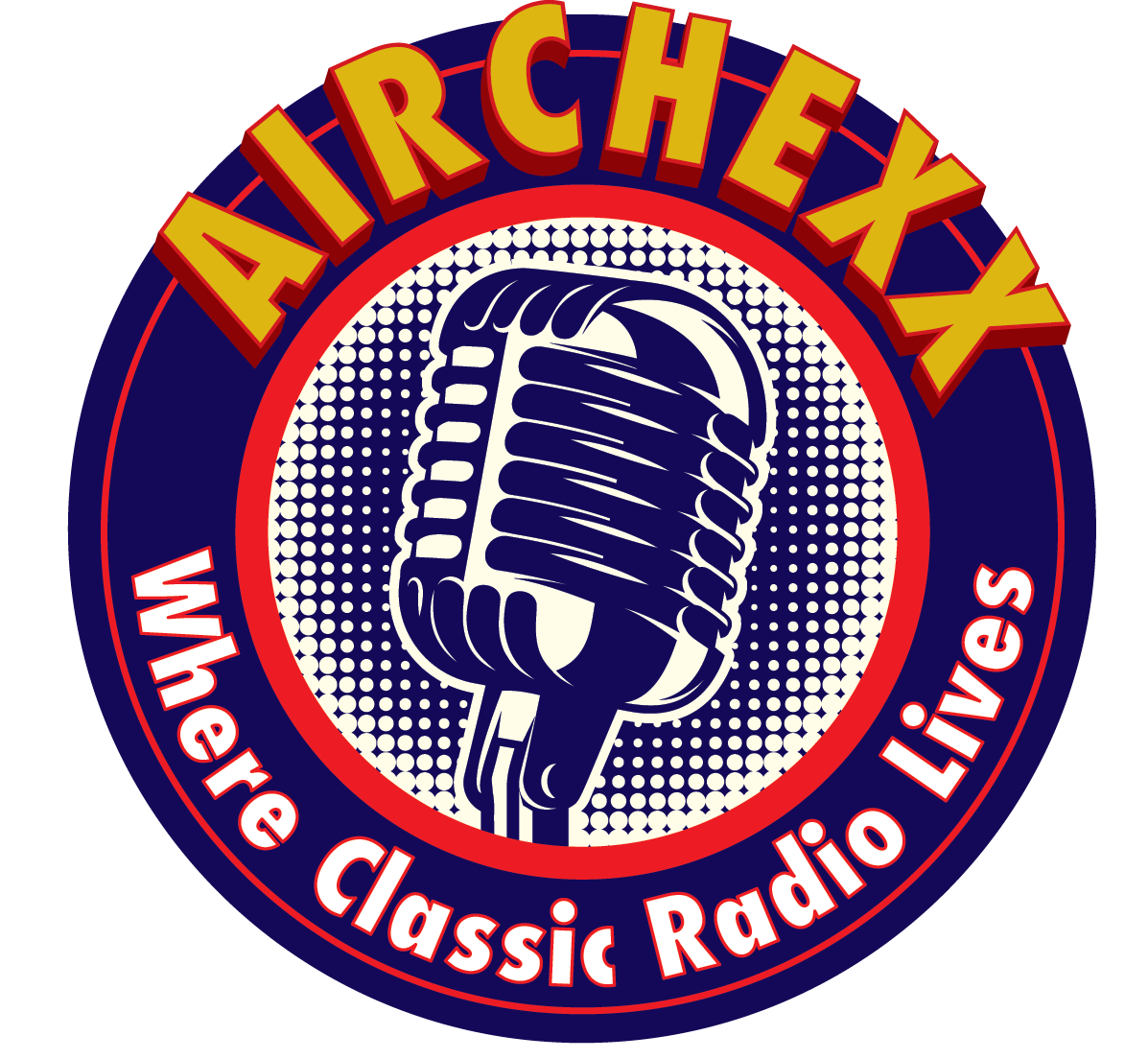A website dedicated to classic radio from the top 40 era (1955 – present)? Sure, why not? There are few things that have affected our society more than radio. From the first time you heard a Beatles song to the breaking news about the first plane hitting the World Trade Center, from your favorite songs to major sporting events… you probably heard about it first on the radio.
But why would someone actually create an entire website to recordings of these stations featuring primarily the disc jockeys, the jingles… everything that went in BETWEEN the songs instead of the music? Perhaps the answer lies in what effect radio had on your webmaster.
I’m a radio guy. Or, perhaps I should say, FORMER radio guy, because I’ve finally broken free of the addiction to working at radio stations. The discussion of why will come at some later time. As far back as elementary school, I can remember being amazed by radio. I think first, it was my mom’s station, WBZ Boston. She always had that station on… and all through the early 70s I heard the sounds of Larry Justice, Dave Maynard, Carl DeSuze, newsmen Don Batting and Gary LaPierre cutting through the airwaves like a knife. WBZ wasn’t top 40 by any stretch but that was an adult station that my parents listened to, and it was my first exposure to radio. Later, when I got my first transistor radio, it wasn’t the local stations that captured my imagination, it was the distant ones that had the cool top-40 formats that turned me on. Sure, I loved the music, but it was what they did in between the records that really captured me. Those fantastic JAM jingles, the DJ patter… it all captivated me like nothing else. This was the days when AM was still king, even into the late 70s I was an AM guy… even when my friends were into FM, I still loved the AM top 40 formats before they gave up.
I loved it so much that upon my mom’s suggestion, in 1980, I went to my local AM station, one of those 1,000 watt AM’s that went off the air at sunset, and was lucky enough to convince the owner to let me go on the air… after about 9 months of pestering! It was the start of something very special. And while my on air talents were probably nothing terribly exciting, it sure was fun. Meanwhile, FM radio took prominence in the 80s and the new FM CHR top 40 stations were hotter than ever, with great jingles and music, and talented jocks – probably radio’s second top 40 revolution.
Sometime in the 90s, the party ended. Enter the PC, and with it the associated automation systems… like Maestro, BSI wavestation, Scott Studios and others, coupled with the Telecommunications Act of 1996 (which allowed one company to own up to 49% of a radio market) and other things… and much of the talent and creativity that was radio began to dry up in a hurry. Its become so bad now that radio is just bland. Yep, it sure is all about the music. But radio ownership today doesn’t get it. It NEVER was just about the music. At least two generations of listeners like myself listened because we loved the jocks and the jingles and everything we heard that was exciting in between the hit songs. And now in an environment where music and entertainment ooze out of the pores of our cell phones, computers, satellite radio and elsewhere, in an era where people under 30 aren’t even listening to radio outside of their cars, just what is there to attract listeners to music radio today? Not much.
That’s why this site exists. You can listen here and remember what it was REALLY like. Airchexx.com is simply here for everyone’s enjoyment. Hopefully you, like I, love what you hear here.
We at Airchexx.com invite you to explore the free selections we have to offer, and enjoy the audio!
A quick note to tell you what this site is and what it is not. Airchexx.com is an online museum in the truest sense. The history recorded on tape, of AM and FM broadcast radio stations, is of great importance to historians and hobbyists alike. Are we ‘aircheck traders’? No. Aircheck traders do ‘trade’ tapes. We do not. We collect tapes for the purpose of encoding into digital form, and then presenting them to the world as any museum would. And we do it at no cost to the listening public. Really. At this point in time, we have the necessary apparatus to store and retrieve the massive amount of audio stored as digital bits and bytes because of the generocity of someone else. We can’t guarantee that this will remain forever, but for now, the history of radio broadcasting is as easy as typing our name.

Hi My old radio name was Mike Finn when I was on KLZ and KIMN In Denver. Just found your site. remembering when radio was fun.
This is a fantastic site. Thank you for keeping it going.
As you said, there was more to radio than just the music and all of us who got turned on to this once great medium will never forget when it stood out.